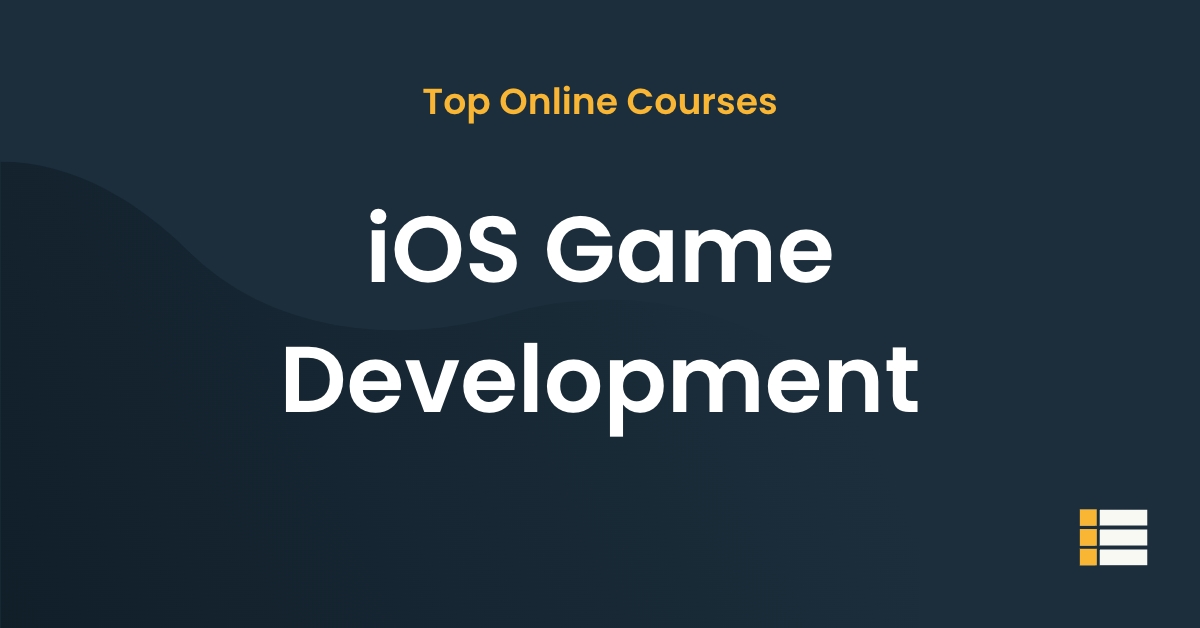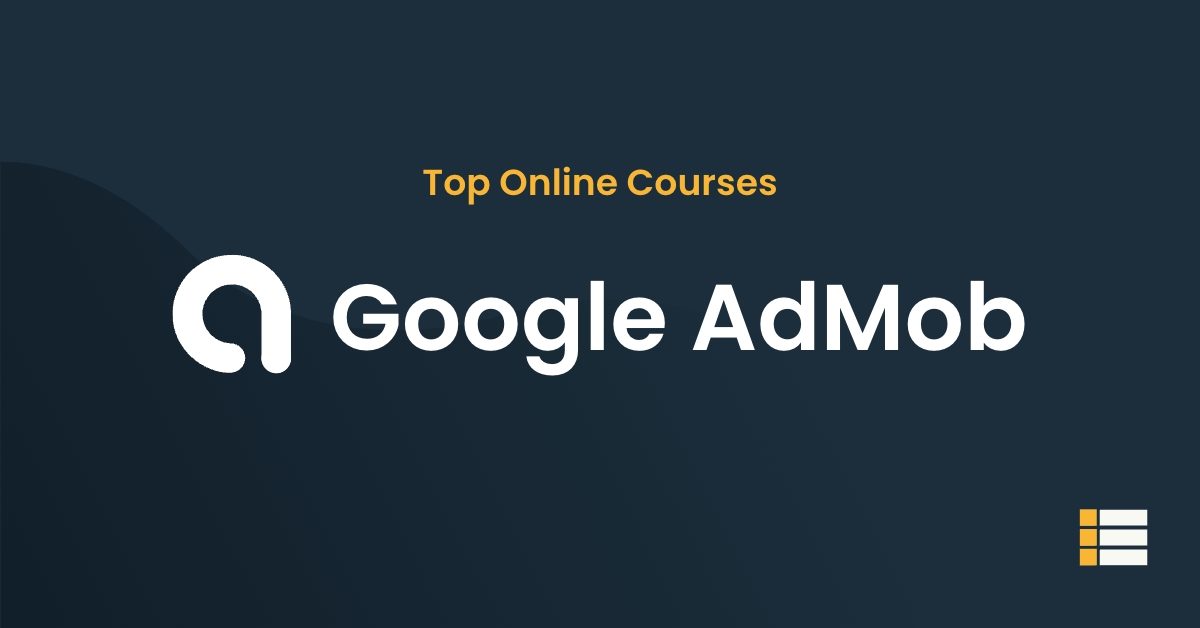Are you looking to stay up to date with the latest technology and develop new skills?
Mobile app development is a rapidly growing field and can provide an exciting career opportunity.
Let’s dive into why learning mobile app development can help you stay ahead of the curve and transform your career.
Table of Contents
Learning Mobile App Development Online: A Student’s Guide
What is Mobile App Development?
Mobile app development is the process of creating and developing applications for mobile devices.
It requires a different approach to design and development than traditional web-based applications, as mobile apps must be designed to meet specific user needs and take into account the constraints of the device they are being developed on.
Mobile app development is becoming increasingly important as more people turn to their smartphones and tablets as the primary way to access information and perform tasks.
App development requires knowledge of the user interface design, programming languages, and the mobile platform being used.
Mobile developers must understand the different limitations of each platform and how to best design an app to work within those constraints.
- For example, some apps are designed for iOS devices and will require knowledge of iOS-specific coding languages such as Objective-C and Swift.
- Other apps could be designed for an Android device and therefore require knowledge of Java and Kotlin.
- Nowadays, frameworks such as React Native and Flutter make it possible to easily develop cross-platform apps without knowing different programming languages and are becoming increasingly popular in the industry.
Mobile app developers must also have a good understanding of the user experience and how users interact with mobile apps.
This involves understanding how to make the user interface intuitive and easy to use, as well as finding the right balance between providing too much information and not enough.
Mobile app development requires a team of people with different skills, including developers, designers, testers, and marketers.
The development process usually involves prototyping and creating the initial app, followed by testing, bug fixing, and releasing the app to app stores.
Essential Skills for Mobile App Developers
Mobile app development is a highly sought-after profession that requires a unique set of skills and knowledge.
For those looking to pursue a career in this field, understanding the essential skills needed to succeed is essential.
- Programming: Programming is the foundation of any mobile app development process. It requires a deep understanding of both the client’s objectives and the technology used to build the application. A strong background in object-oriented programming, such as C++, JavaScript , or Swift, is essential for any mobile app developer.
- User Experience Design: Designing a user-friendly, intuitive app is one of the most critical aspects of mobile app development. Good UX design includes developing clear user flows and interfaces, understanding user behavior, and creating a design that is both aesthetically pleasing and functionally effective.
- An understanding of database Management: Database management is an essential part of mobile app development. It requires knowledge of database system architectures and design principles, as well as the ability to create and manage databases.
- Testing and Quality Assurance: Quality assurance is an integral part of the mobile app development process. It requires an in-depth understanding of the app’s architecture and the ability to identify and fix any bugs or issues.
- Security notions: Security is an essential part of mobile app development. Understanding the security protocols and protocols used by different mobile devices, as well as the ability to implement these protocols is an essential skill for any mobile app developer.
These are just some of the essential skills needed to succeed in mobile app development.
Having a strong understanding of these skills and applying them in the development process will help ensure the success of any mobile app project.
Different Types of Mobile App Development
Here are some of the different types of mobile app development:
- Native App Development: Native apps are built for specific mobile operating systems such as Android, iOS, and Windows Phone. These apps are developed using the tools and technologies of their respective operating systems, such as Android Studio or Xcode. Native apps are usually the best choice for larger and more complex projects, as they offer the greatest flexibility and performance.
- Cross-Platform App Development: Cross-platform development is a way to create apps that can run on multiple mobile operating systems. Popular cross-platform technologies include Flutter, React Native, and Xamarin.Forms. Cross-platform apps can save time and money but may not offer the same level of performance and flexibility as native apps.
- Web App Development: Web apps are web-based applications that run in web browsers. They are usually written using HTML, CSS, and JavaScript and are accessible from any device with a web browser. Web apps are a good choice for projects that don’t require access to device-specific features and don’t need to be distributed through app stores.
- Hybrid App Development: Hybrid apps are a combination of native and web technologies, which allow developers to create apps with a native-like user experience that can be distributed through app stores. Popular hybrid development tools include Apache Cordova and Ionic.
- Augmented Reality App Development: Augmented reality (AR) apps are apps that use the device’s camera to overlay digital content onto the user’s real-world view. AR apps are used for a variety of purposes, such as gaming, navigation, and shopping. Popular AR development tools include Apple ARKit and Google ARCore.
No matter what type of mobile app development project you’re working on, it’s important to choose the right development path for your project.
Each type of app development has its own advantages and disadvantages, so it’s important to do your research and choose the development path that’s best for your project.
Popular Mobile App Development Platforms
Nowadays, creating a mobile app has become easier than ever, thanks to the increasing number of mobile app development platforms available. But with so many to choose from, it can be hard to know which platform will best suit your needs.
When it comes to popular mobile app development platforms, two of the biggest players are Apple’s iOS and Google’s Android.
Both offer tools and resources to make setting up your app easy and straightforward.
For iOS, developers have access to a wide range of mobile app development tools and resources, including the Apple Developer Program. This program allows developers the flexibility to develop their own apps and store them in the App Store.
Developers have access to Apple’s extensive library of APIs and frameworks, as well as the ability to use Swift and Objective-C for coding. Apple also provides a comprehensive testing and deployment process, making it easy to create and manage an app.
Android, on the other hand, utilizes the Android SDK, which provides developers with a comprehensive set of tools for creating and managing their mobile apps. This includes development tools such as Android Studio, Eclipse, and IntelliJ IDEA, as well as build and debugging tools.
Android also offers APIs and libraries that can be used to create custom user interfaces and integrate them with other services.
Plus, developers have access to the Google Play Store, which makes it easy to distribute and promote apps.
Cross-platform development platforms such as React Native, Flutter, and Xamarin are also gaining traction in recent years. These platforms allow developers to create a single codebase for their mobile apps that can be used across multiple devices and operating systems.
This makes it easier and faster to develop, deploy, and maintain apps.
Finally, there are a number of emerging mobile app development platforms that offer more specialized tools and resources. These platforms can provide developers with more advanced capabilities, such as augmented reality, artificial intelligence, and cloud computing.
Examples of these emerging platforms include Unity, Vuforia, and Appcelerator. Regardless of which mobile app development platform you choose, there are plenty of options available to help you create the perfect app. With the right tools and resources, you can create a successful and profitable app in no time.
Additional Resources
Whether you are looking to develop mobile applications for a business or for personal use, it is important to have the right resources to help you get started.
Fortunately, there are a variety of resources available to anyone who wants to learn mobile app development.
Here is a list of useful resources for learning mobile app development:
- Tutorials and Online Courses: Many websites and online courses offer comprehensive tutorials and courses for those interested in learning mobile app development. Sites like Udemy, Codecademy, edX, egghead, and Pluralsight offer comprehensive video-based tutorials and lessons to help you understand the basics of mobile app development.
- Books: There are a number of great books available to help you learn mobile app development. Books such as “Beginning iOS App Development” by Nick Harris and “Android Studio Development Essentials” by Neil Smith provide a great starting point for those interested in learning mobile app development.
- Developer Communities: Online developer communities are a great way to get help and advice from experienced developers. Sites such as Stack Overflow, GitHub, and Reddit’s Programming communities are great places to ask questions, get feedback, and gain insight from experienced developers.
- Open Source Projects: Open source projects are a great way to get hands-on experience in developing mobile applications. Open-source projects such as React Native and Ionic allow you to view and modify code to better understand the development process and give you a chance to put your skills to the test.
- Conferences and Events: Attending conferences and events is a great way to learn from experts, network with other developers, and gain valuable insight into the mobile app development process. Conferences such as Google I/O and Apple WWDC, provide excellent opportunities to learn from experts in the field.
By taking full advantage of the resources listed above, you can gain the knowledge and skills necessary to become a proficient mobile app developer.
With a little bit of effort and dedication, you can become an expert in mobile app development and create amazing applications.
Frequently Asked Questions
Can I learn mobile app development on my own?
Yes, you can learn mobile app development on your own. With the resources available today, it is possible to teach yourself how to develop mobile apps. It will require dedication and perseverance, but you can learn the fundamentals by taking online courses and tutorials, reading books and articles, and exploring open-source mobile app development platforms. With practice and patience, you can become an expert in mobile app development.
How do I learn to develop mobile apps?
Learning to develop mobile apps requires knowledge and experience in a variety of areas such as mobile app design, coding, and software development principles. To begin, it’s important to understand the basics of coding and software development. Taking an online course in programming, such as HTML, JavaScript, or Objective-C, as well as familiarizing yourself with mobile development platforms such as iOS, Android, React Native, and Flutter, is a great starting point to kick off your mobile app development journey. Additionally, it is beneficial to become familiar with mobile app design principles and learn how to use prototyping tools such as Figma and Sketch. Finally, it’s important to have a good understanding of the App Store guidelines to ensure your app is compliant and successful.
What should I learn to become a mobile app developer?
To become a mobile app developer, you need to start by learning how to code. You can learn languages such as Java, C#, or Swift, depending on the type of app you want to develop. Once you have a good understanding of coding, you will need to learn about APIs, mobile operating systems, and the software development life cycle for mobile apps. Additionally, you should also learn about related technologies such as databases, mobile architectures, and UI/UX design principles to create user-friendly experiences.
How long does it take to learn to be a mobile app developer?
Learning mobile app development can take anywhere from a few months to several years depending on the individual’s experience level and familiarity with coding languages like Java and JavaScript. For a beginner, it can take several weeks of self-study to learn the basics and be able to create basic mobile apps. To become a proficient mobile app developer, more advanced coding knowledge and experience with several different platforms is necessary, and this usually requires several months of study and practice. For experienced professionals, the learning process may take a year or more.
Is mobile app development hard?
Yes, mobile app development can be a difficult undertaking. It requires a great deal of knowledge and experience in areas such as coding, programming, and design. It also requires an understanding of the different mobile platforms and their unique development requirements. Furthermore, there are many considerations that need to be taken into account when developing an app, such as user interface design, performance, scalability, and security. Therefore, while it is possible to develop an app without a lot of experience, mobile app development is not something to be taken lightly.
What programming language is used for mobile apps?
Mobile apps are typically developed using either Objective-C or Swift programming languages for iOS apps and Java or Kotlin programming languages for Android apps. This is because these languages are optimized for the mobile development environments they are built to run on, and allow developers to create highly efficient and well-crafted mobile applications.
Conclusion
In conclusion, learning to develop mobile apps online provides a unique opportunity for learners to gain essential skills in a way that is convenient, cost-effective, and engaging.
With the wide variety of course materials, development tools, and support services available, budding mobile developers can develop the skills and knowledge necessary to create and launch their own mobile applications.
Learning to develop mobile apps online is a great way to jumpstart a career in the mobile app development field.
References
- El-Kassas, Wafaa S., et al. “Taxonomy of cross-platform mobile applications development approaches.” Ain Shams Engineering Journal 8.2 (2017): 163-190.
- Wong, Chui Yin, Chee Weng Khong, and Kimberly Chu. “Interface design practice and education towards mobile apps development.” Procedia-Social and Behavioral Sciences 51 (2012): 698-702.
- Camilleri, Mark Anthony, and Adriana Camilleri. “The technology acceptance of mobile applications in education.” 13th International Conference on Mobile Learning (Budapest, April 10th). Proceedings, pp., International Association for Development of the Information Society. 2017.

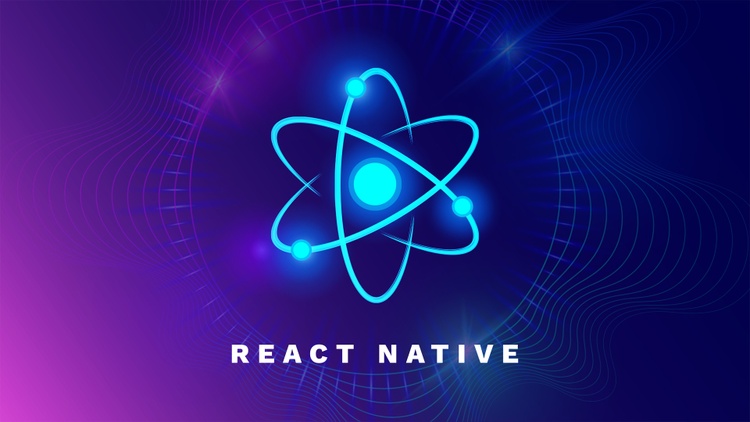
 Online course by
Mosh Hamedani
Online course by
Mosh Hamedani
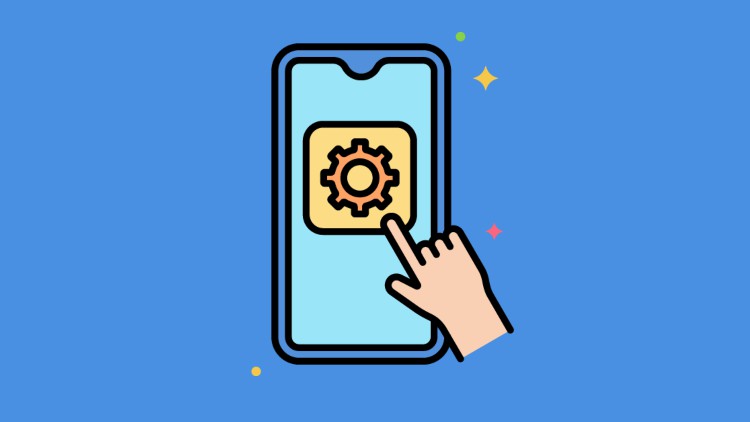
 Online course by
Bluelime Learning Solutions
Online course by
Bluelime Learning Solutions
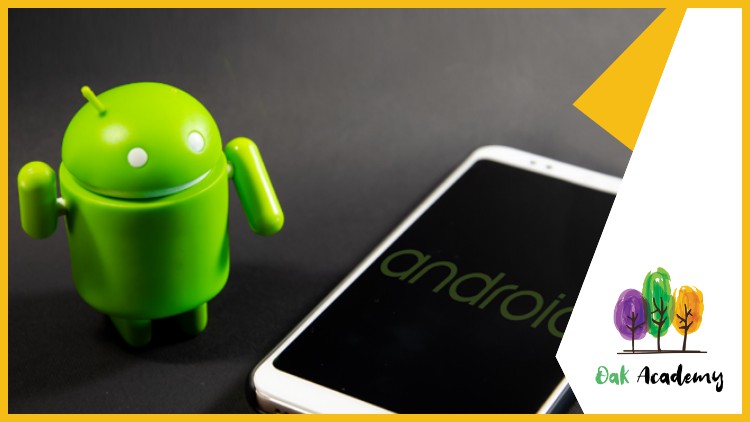
 Online course by
Oak Academy
Online course by
Oak Academy
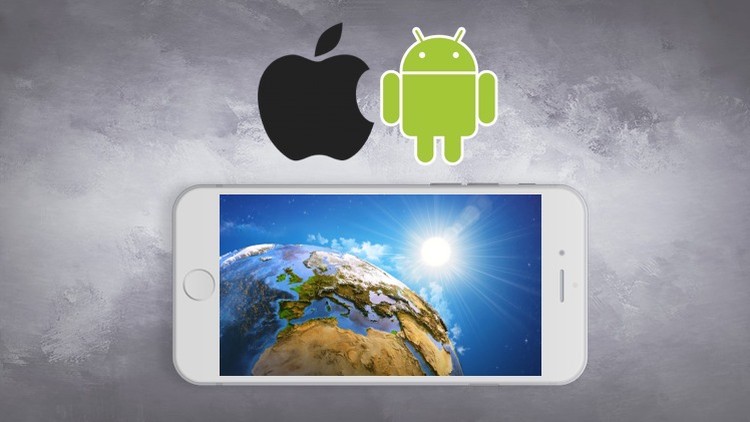
 Online course by
Hesam (Sam) Samimi
Online course by
Hesam (Sam) Samimi
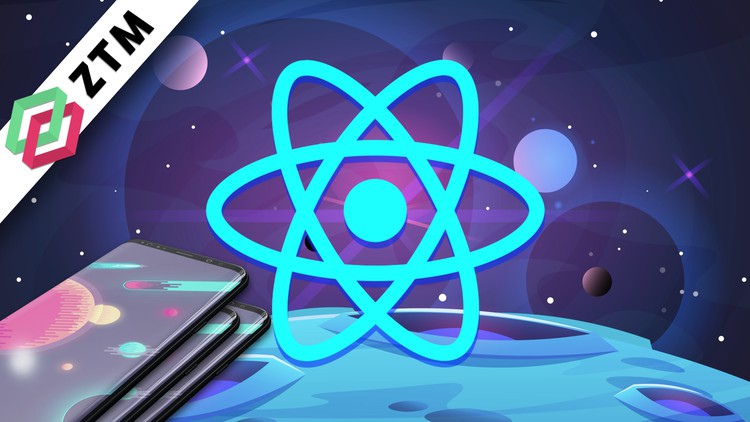
 Online course by
Andrei Neagoie
Online course by
Andrei Neagoie

 Online course by
Dr. Angela Yu
Online course by
Dr. Angela Yu
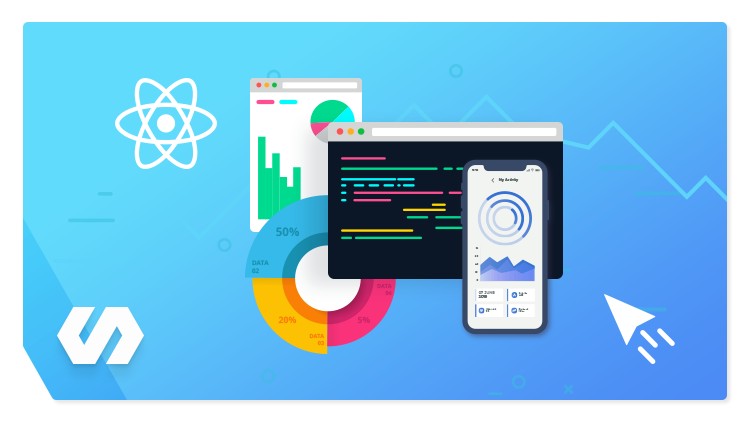
 Online course by
Stephen Grider
Online course by
Stephen Grider

 Online course by
Eddie Foong
Online course by
Eddie Foong
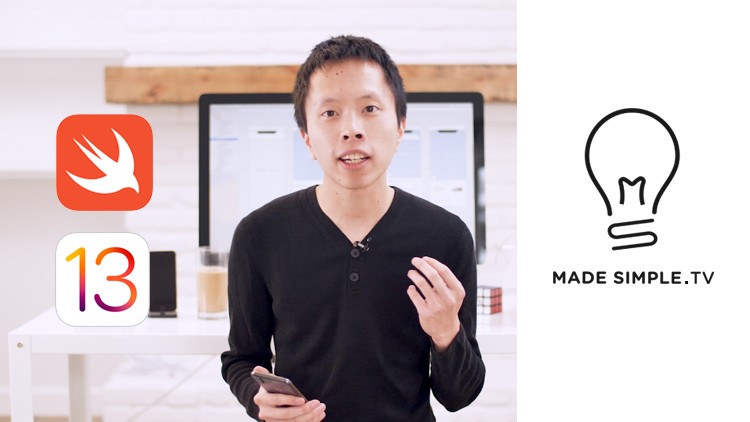
 Online course by
Bennett Lee
Online course by
Bennett Lee
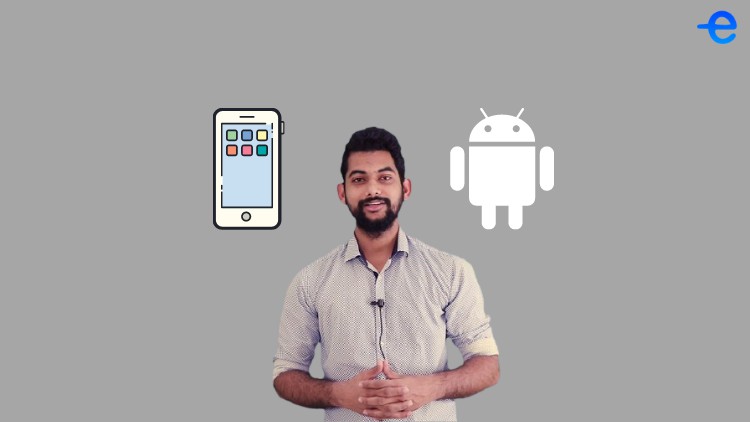
 Online course by
EdYoda Digital University
Online course by
EdYoda Digital University
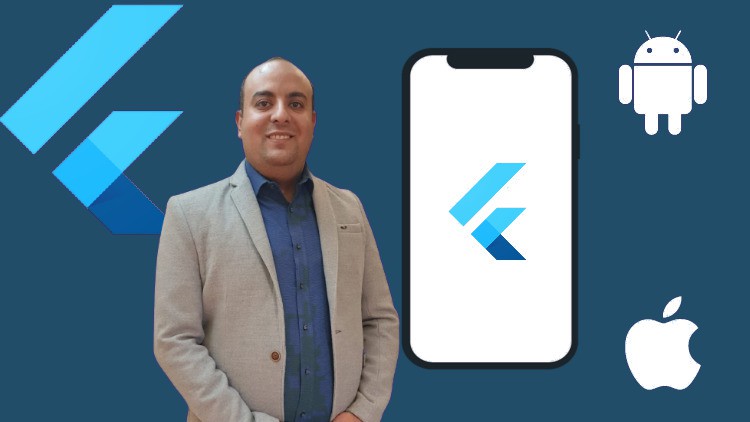
 Online course by
Mina Farid
Online course by
Mina Farid
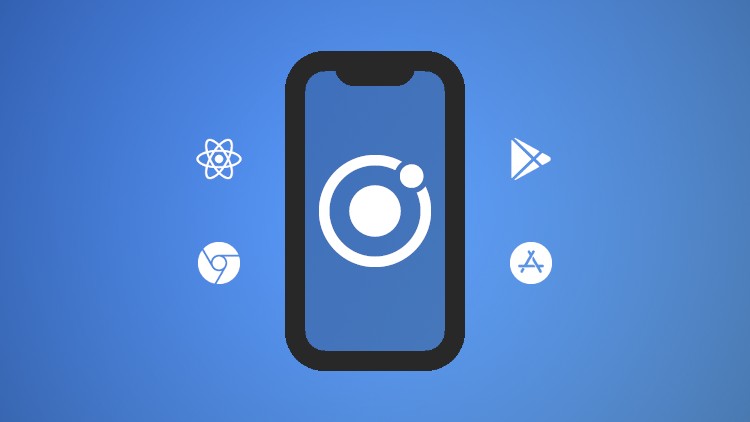
 Online course by
Mirko Nasato
Online course by
Mirko Nasato
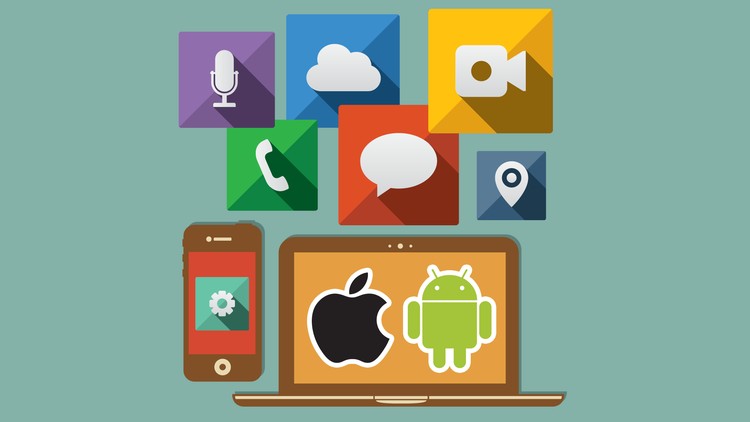
 Online course by
Jason Low
Online course by
Jason Low
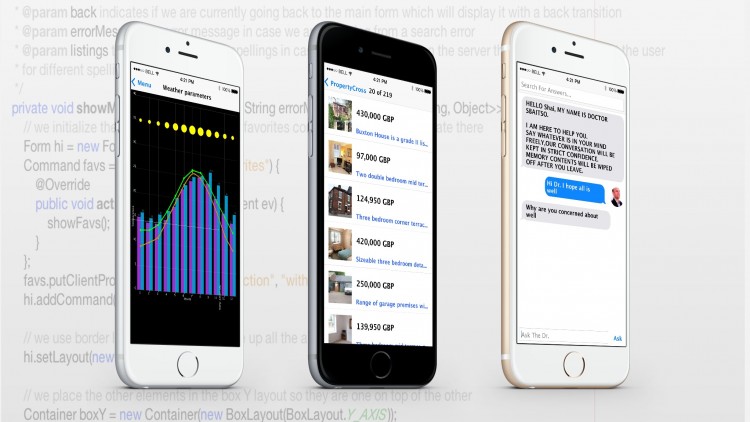
 Online course by
Shai Almog
Online course by
Shai Almog

